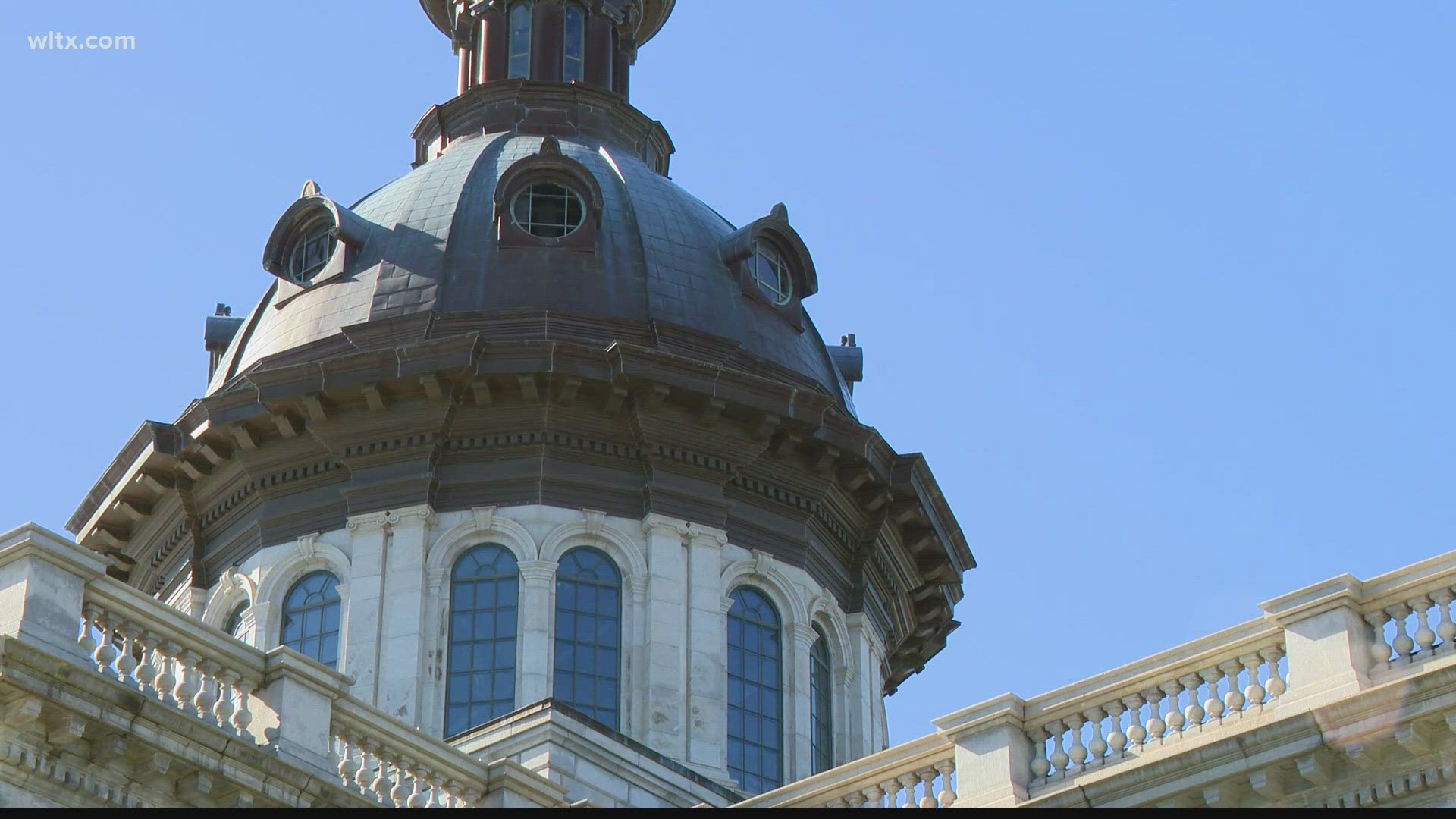COLUMBIA, S.C. — As the regular legislative session drew to a close, lawmakers at the South Carolina State House raced against time to push through key bills before the 5 p.m. deadline.
“I think this has probably been one of the most productive legislative sessions that I’ve seen," said House Speaker Murrell Smith (R-Sumter).
Bills that successfully reached the governor's desk include a ban on gender-affirming care for minors, adjustments to compensation for college athletes, and the removal of sales tax on feminine hygiene products.
"It is a win for Democrats and a win for women everywhere," said Rep. Todd Rutherford.
Additionally, a bill allowing legal gun owners to carry firearms in public became law earlier this year.
However, not all proposals made it to the finish line.
That includes universal private school vouchers, social media restrictions, and allowing liquor stores to stay open on Sundays.
“We are already piling up a pretty good agenda for 2025,” said Senate Majority Leader Shane Massey.
Bills legalizing medical marijuana and creating a hate crimes law once again died this year.
“Medical marijuana has been one that I’ve been pushing for eight years. It's passed on the Senate, and it dies. Once again in the house, we got to do something, it pulls it at 70% range. And certainly, we can do better than that,” said Rutherford.
Several major priorities now head to conference committees, where members from both chambers will work on compromises. These include a significant energy reform bill and changes in judicial election processes.
“I’m confident we're gonna be able to address the energy needs that all of us understand exists,” said Massey.
“Right now we have some of the best judges anywhere in the country. Our judges don't get in trouble like they do in other places. And so to me, that was needless, and hopefully it'll die on the vine,” said Rutherford.
Lawmakers will reconvene in June to finalize the state budget, continue work in conference committees, and address any bills vetoed by the governor.
Bills that did not become law this session will need to be reintroduced next year.

